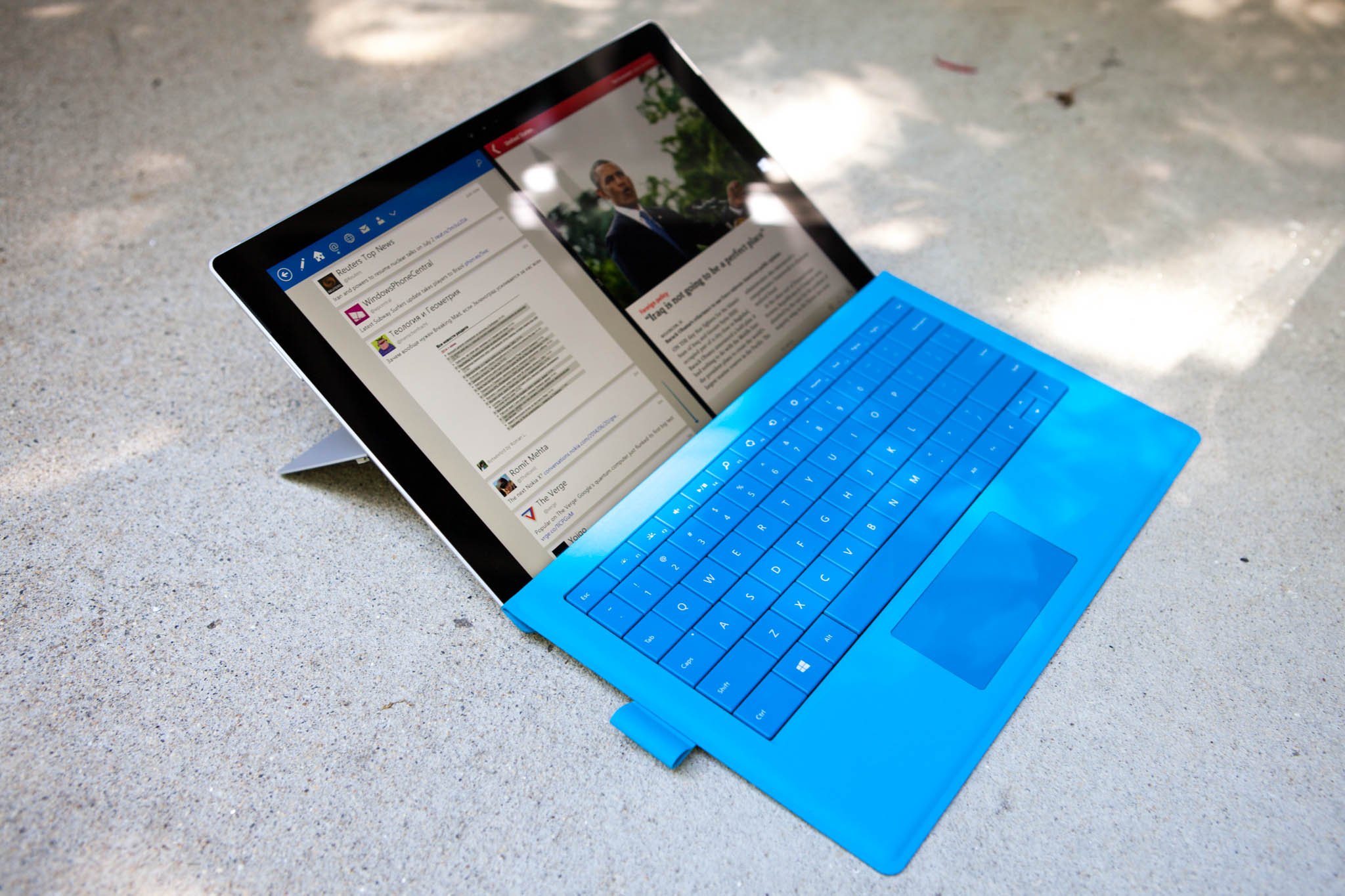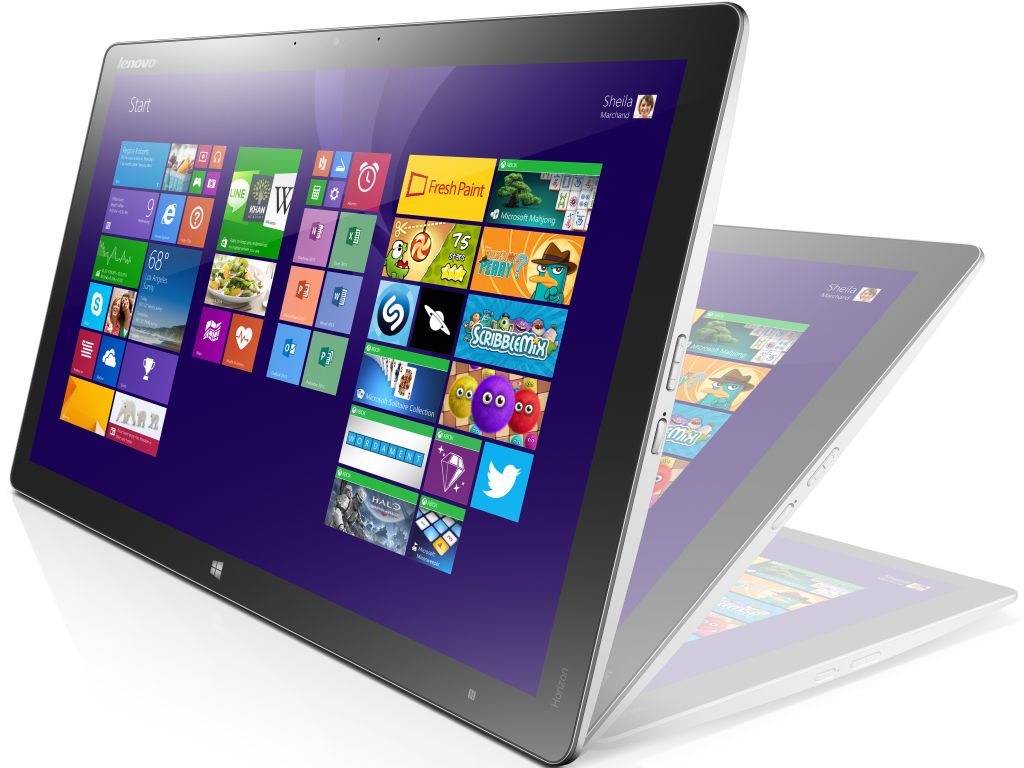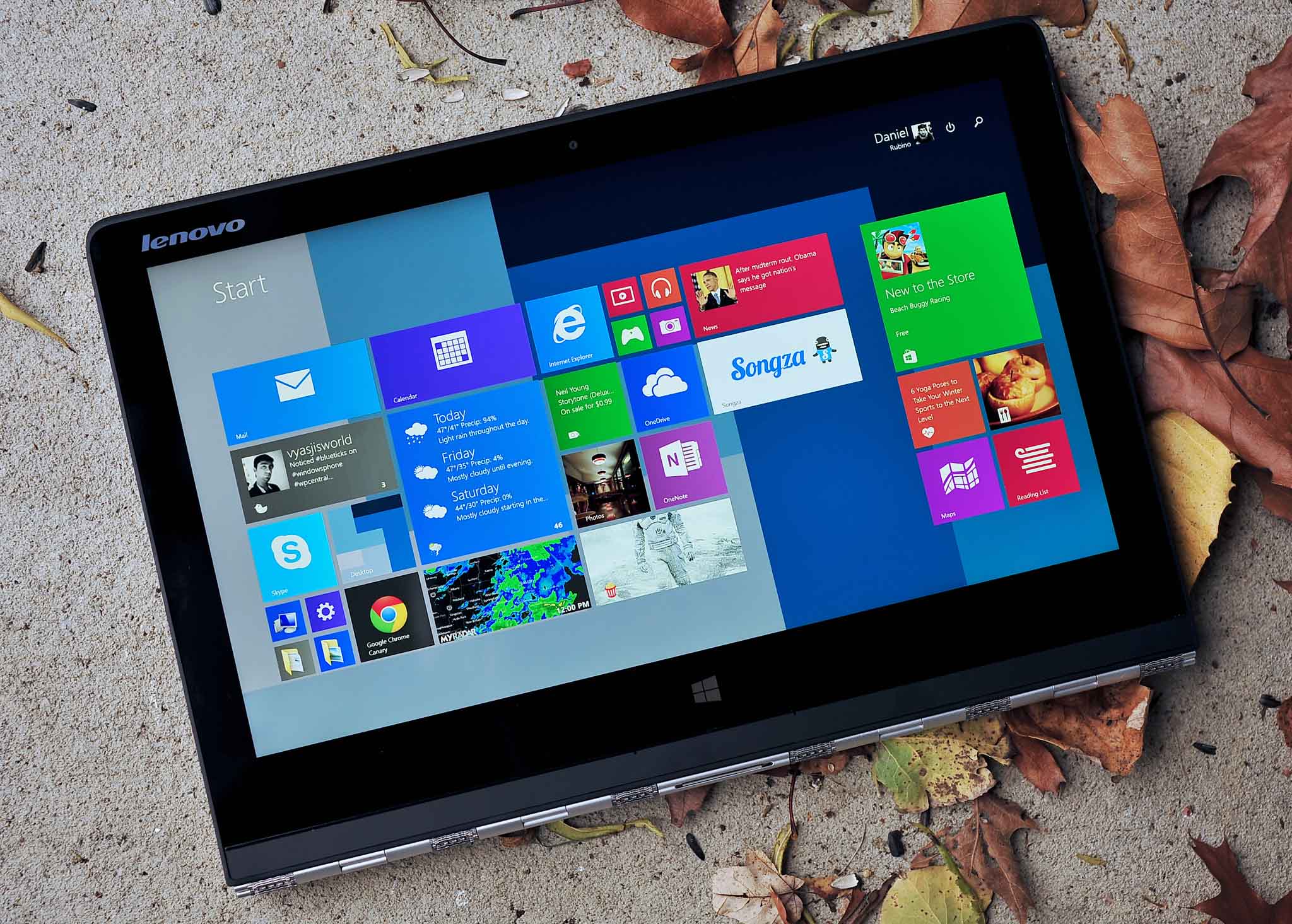Is it time for a reclassification of what a 'PC' really is?

We reexamine what should and should not be called a "PC."
This week, the research firms Gartner and IDC revealed their estimates for PC shipment number for the fourth quarter of 2014. The two companies disagreed on their overall numbers. Gartner claimed that PC shipments grew by 1% year-to-year in the last quarter. However, IDC said that shipments went down 2.3% during the fourth quarter.
What got our attention, however, was how each firm defined what a 'PC' is. Both Gartner and IDC said that desktops and notebooks running on Windows and Mac are considered PCs. However, they differ when it comes to other form factors and even operating systems.
Gartner says that its definition of PCs includes all Windows-based tablets but does not include Chromebooks. On the surface, this seems odd considering that Chromebooks have the same form factor as Windows and Mac-based notebooks. They just run another operating system, Google's Chrome OS.
On the other hand, IDC says that Chromebooks are indeed PCs, but leave out all tablets, including Apple's iPad and any tablet based on Windows and Android. However, there are plenty of Windows tablets that have either an optional or included detachable keyboard, such as Microsoft's Surface Pro 3. Furthermore, there are other Windows notebooks, such as the Lenovo Yoga series, that allow the attached keyboard to flip around 360 degrees so that it can be used as a tablet.

There's also the all-in-one PC, which combines the hardware and monitor in one form-factor. Many of them have touch screens and a few, such as Lenovo's Horizon series, can actually be used as an enormous stand-alone tablet, with no keyboard attached at all.
It's clear that the PC form-factor has evolved well beyond just the "desktop" and "notebook" category, but at the moment, two of the biggest PC hardware research firms can't even agree on what a PC really is.
IDC vs Gartner
Windows Central contacted IDC to find out why they included Chromebooks in their definition of PCs but leave out devices such as the Surface Pro 3 that have detachable keyboards either included with the purchase of the product or offered as a recommended first party option. Here's what a spokesperson from IDC told us via email:
All the latest news, reviews, and guides for Windows and Xbox diehards.
"We made a decision to align the taxonomy along physical form factor (i.e. notebook PCs need to have non-detachable keyboards) rather than along an operating system-centric point of view or use-case scenarios. Hence, while we exclude 2-in-1s like the MS Surface Pro, we do include Chromebooks, which have a hard-wired keyboard, in the PC volume."

IDC's reasoning is, "If it has a detachable keyboard, it's not a notebook PC." That means something like the Surface Pro 3 is not a personal computer, but something like the Lenovo Yoga 3 Pro, does count as a PC.
So why does Gartner ignore Chromebooks in its PC shipment numbers, but does include Windows-based tablets, some of which don't come with a keyboard? We contacted Gartner and got this response from its PC analyst Mika Kitagawa:
"We include Windows tablets, but do not include Chromebooks because we segment the market based on use case. What users can do on Windows tablets and regular laptops/desktops are slimmer. These devices offer high productivity and multiple functionalities. It can run multiple applications and have a good multitasking capability regardless of form factor. For instance, Windows tablets can be used as a "desktop" by attaching an external monitor and a keyboard.""On the other hand, Android and iOS tablets do not have functionalities that PCs can offer. It has limited multitasking capability, and its primary purpose is content consumption. Chromebooks look like a laptop, but what a user can do on Chromebook is also limited. Lack of offline capability, especially, makes Chromebook as a "lesser" functional device compared to the 'PCs.'""Thus, we think that discussing the market by form factor is not relevant. Especially since some laptops now have tablet functionalities such as detachable laptops and bendable laptops (=hybrid). These are tablet and PC all in one device (2-1s). If we segment the market by form factor, it would be hard to define such product in the market."
Who's right?
As we get ready for Microsoft to reveal more about its consumer plans for Windows 10 next week in Redmond, there's still a debate over what a PC is or isn't. This is not just a philosophical debate; it could also define how the entire PC industry is monitored in the future. There's been a ton of talk in the last few years that the rise of the iPad and other tablets means that consumers are no longer interested in PCs. However, both Gartner and IDC agree that tablet growth has now slowed down, and consumers seem to be going back to buying new PCs.
The launch of Windows 10 could cause that trend to expand even more.
We won't know the full story unless both Gartner and IDC agree to a set of PC hardware definitions, and that may not happen for a long time, if ever.
In the meantime, we want to know your thoughts. Do you agree with Gartner's or IDC's viewpoint, or is there a third level that combines elements of both? Let's us know in the comments.

John Callaham was a former contributor for Windows Central, covering Windows Phone, Surface, gaming, and more.
